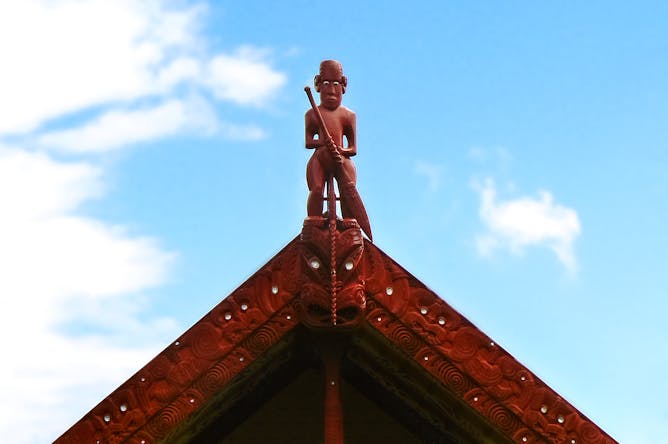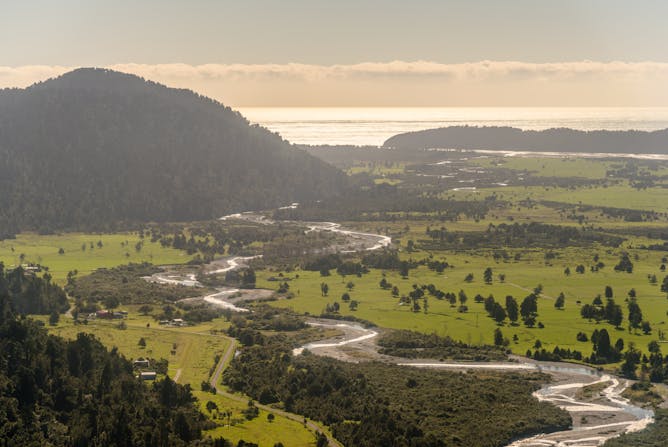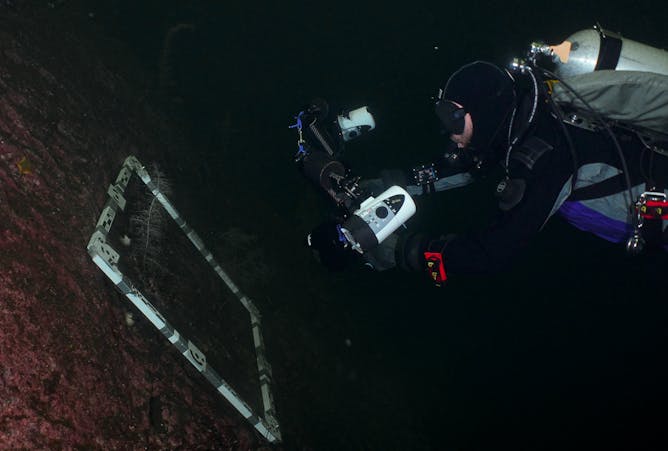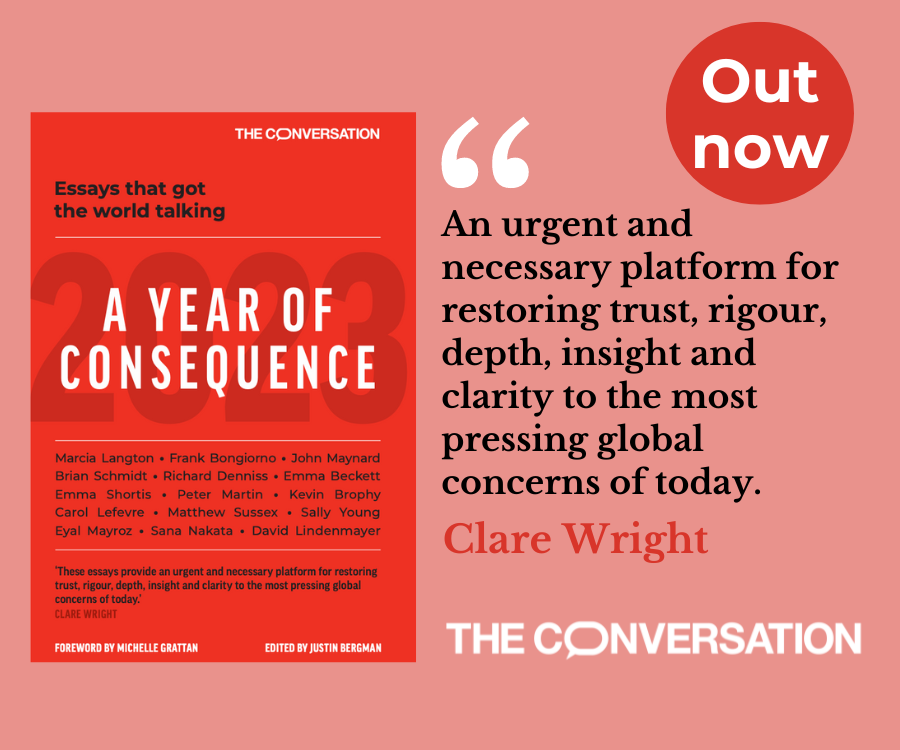|
|
|
|
Nau mai, haere mai.
With Waitangi Day just under a week away, the news has been filled with various debates and disputes about the government’s Māori policies, ACT’s Treaty Principles Bill, and the likely fallout on the Treaty grounds on February 6.
Central to so much of this is a single, pivotal concept – sovereignty. Who holds it? Did Māori cede it in 1840? Can it be shared? But as Jack Vowles writes today, often overlooked in all this is what the word actually means.
“Why is interpretation of Te Tiriti so subject to debate?” he asks. “One answer is that we are confused by misunderstanding of the concept of ‘sovereignty’.”
This goes well beyond misinterpretations in the English text of the Treaty of concepts like kāwanatanga and tino rangatiratanga, or even that Māori in 1840 had no conceptual reference for what the British would have understood by the term “sovereignty”.
Rather, it means we need a better understanding of how “secular sovereignty” in a democracy resides in the people and is held in different places at different times – not simply by “the Crown”. As such, sovereignty in Aotearoa New Zealand is already being shared.
“If we can more clearly accept, define and clarify its constraints on popular sovereignty,” Vowles writes, “Te Tiriti’s promise that Māori iwi and hapū should govern themselves as much as is possible can be addressed under our existing constitution, and can be accommodated within its liberal democratic principles.”
|

|
Finlay Macdonald
New Zealand Editor
|
|

Jack Vowles, Te Herenga Waka — Victoria University of Wellington
If Māori did not explicitly cede sovereignty in 1840, neither did they fully retain it. If sovereignty is already being shared, where does Te Tiriti o Waitangi sit within our unwritten constitution?
|

Alexander Gillespie, University of Waikato
The International Court of Justice stopped short of calling for a ceasefire in Gaza. New Zealand now needs to refine its foreign policy to play a constructive role in what happens next.
|

Abigail M Smith, University of Otago
Over 200 million tonnes of sediment are transported by rivers to the sea each year, the most widespread water contaminant in the country. Its devastating impact on marine life has to be reversed.
|

Fraser Macdonald, University of Waikato
Pacific Island support for Israel in the United Nations goes beyond a shared Judeo-Christian belief system. It involves a fundamental emphasis on community based on connection and relationships.
|

Professor James J Bell, Te Herenga Waka — Victoria University of Wellington; Alberto Rovellini, University of Washington; Matteo Collina, Te Herenga Waka — Victoria University of Wellington; Miriam Pierotti, Te Herenga Waka — Victoria University of Wellington
Photogrammetry, a technique where 3D information is extracted from photographs, is reducing the guesswork in counting – and understanding – the world below the ocean surface.
|
From our foreign editions
|

Luke Heemsbergen, Deakin University
Apple’s plan for ‘spatial computing’ may redefine personal computing – and also facilitate trouble new kinds of surveillance.
| |

Xiaoyue Xu (Luna), UNSW Sydney; Alta Schutte, UNSW Sydney; Bruce Neal, George Institute for Global Health
Potassium-enriched salt tastes like regular salt and you don’t need to change how you cook or season your food. You just need to switch the type of salt you buy.
|

Alexander Carter, University of Birmingham
This is the story of how music became a battleground in the 1980s and 1990s, as antifascists fought fascism with guitars and microphones.
| |

Rachel M Gisselquist, United Nations University; Min J. Kim, United Nations University
Affirmative action policies in politics, education and the labour force are often met with protest and resistance.
|

Wayne Unger, Quinnipiac University
In their Supreme Court brief, Colorado residents seeking to bar Trump from their state’s ballot say that ‘Trump intentionally organized and incited a violent mob to attack the US Capitol.’
| |

Sara Harmouch, American University
Three American troops were killed and dozens more injured in an attack on a base in Jordan. How the Biden administration responds could determine if conflict in the Middle East widens.
|

Mashupye Herbert Maserumule, Tshwane University of Technology
The ANC tied itself in knots defending Zuma’s destructive bad behaviour in the past. Acting against him now would require it to own up to its sins.
| |

Olayinka Ajala, Leeds Beckett University
Niger’s recent military romance with Russia could escalate tensions with France, regional allies and the European Union.
|
|
|
| |
| |
| |

|
| |
| |
| |
| |
| |
| |
|
|
|
|
|
|
|